35 Surprising Foods That Are Making Your Allergies Worse
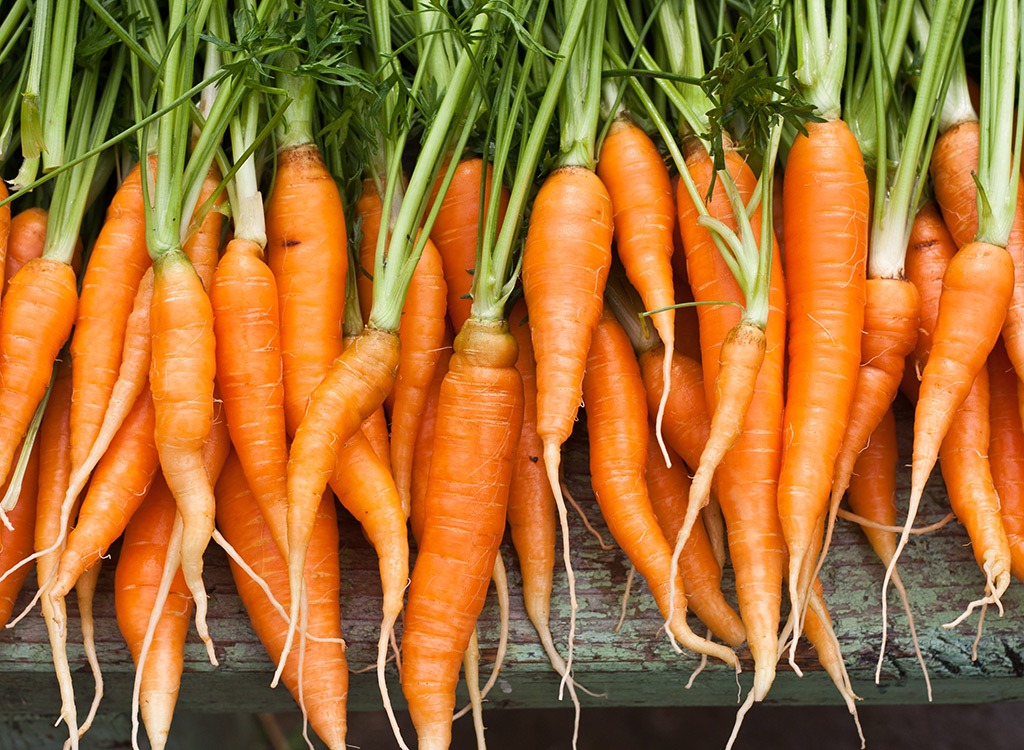
If you usually suffer from seasonal allergies, you’re not green to red, watery eyes, a stuffy nose, or an itchy throat. But did you know that eating certain foods can give you the same allergic reaction? This condition is called oral allergy syndrome (OAS), also known as pollen fruit syndrome (PFS).
According to the American Academy of Allergy, Asthma, and Immunology, OAS is a pollen-food syndrome caused by cross-reacting allergens in pollen and raw fruits, vegetables, and some tree nuts. In other words, OAS occurs because the proteins found in some fruits, vegetables, spices, and legumes are very similar to those in pollen.
These proteins send mixed signals to your immune system and cause an allergic reaction or worsen existing symptoms. Unlike seasonal allergies, these food-related reactions can occur at any time of the year, and the type of reactions vary in people. That being said, if you consume these foods during allergy season, they could make your symptoms worse. Most foods that cause OAS are related to birch tree pollen, ragweed, and grass pollen allergies.
Washing your produce thoroughly, cooking or heating your food, and peeling the skin off veggies and fruits are the best ways to eliminate the allergens. To help you identify what foods might be making your allergy symptoms worse, we listed the top 35 allergy-triggering foods. Study the list below and then check out these 22 Ways to Lose 2 Inches of Belly Fat in 2 Weeks!
Birch Tree Pollen
Apple

Birch tree pollen is the most common springtime allergen, and if you have an allergy, eating an apple could cause your mouth or throat to become itchy. Researchers say this is a result of cross-reactivity. A study in The Journal of Allergy and Clinical Immunology found that antigens in birch pollen and apples share allergenic epitopes that produce Immunoglobulin E (IgE) cross-reactivities. IgEs are antibodies your body produces when you come in contact with an allergen, and they are what causes an allergic reaction.
Apricot
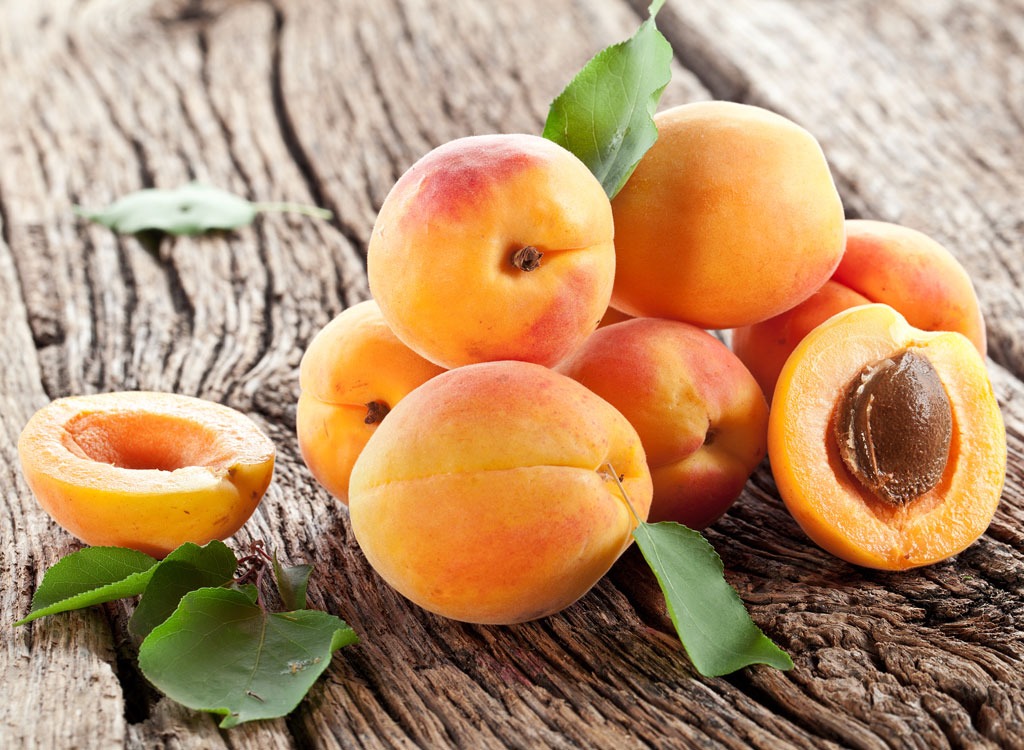
In a study that also appeared in The Journal of Allergy and Clinical Immunology, researchers found that there is one major allergen common to fruits of the Prunoideae subfamily, which includes peaches, cherries, apricots, and plums, that causes wide cross-reactivity. There is a shared IgE in all of those fruits that can cause an allergic reaction amongst OAS sufferers. For those allergic to birch tree pollen, apricots are also particularly problematic.
Cherry
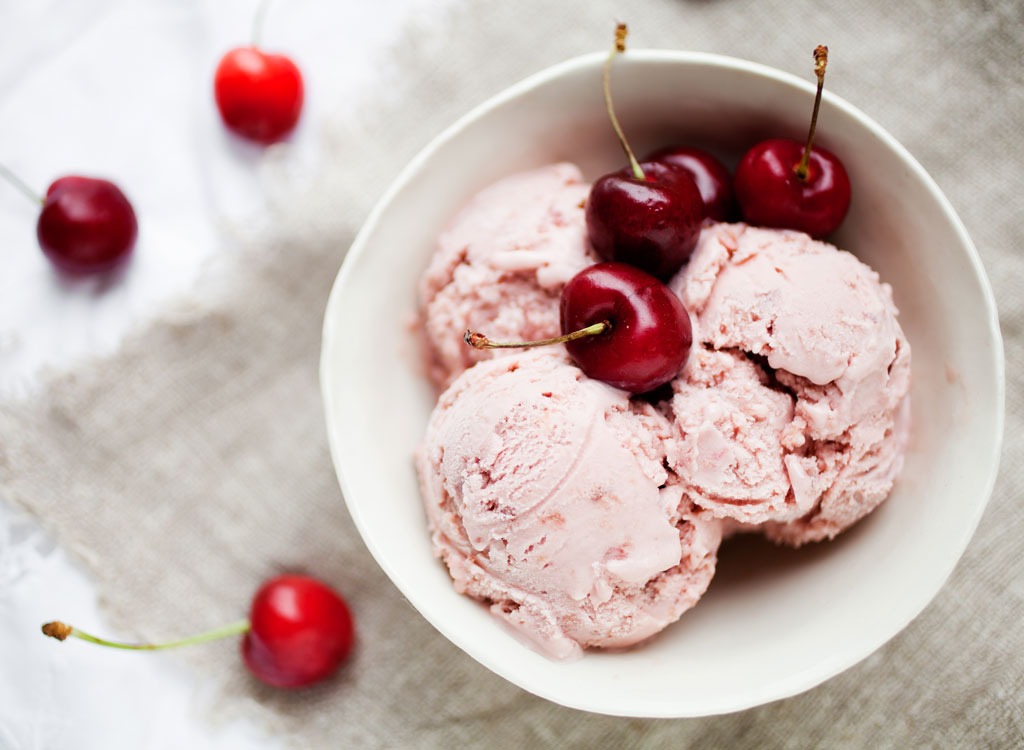
Cherries are part of the Prunoideae subfamily, so they can cause a reaction to those allergic to birch tree pollen. To help keep your immune system healthy in the throes of allergy season and beyond, take a look at this list of the 30 Best Anti-Inflammatory Foods!
Pear
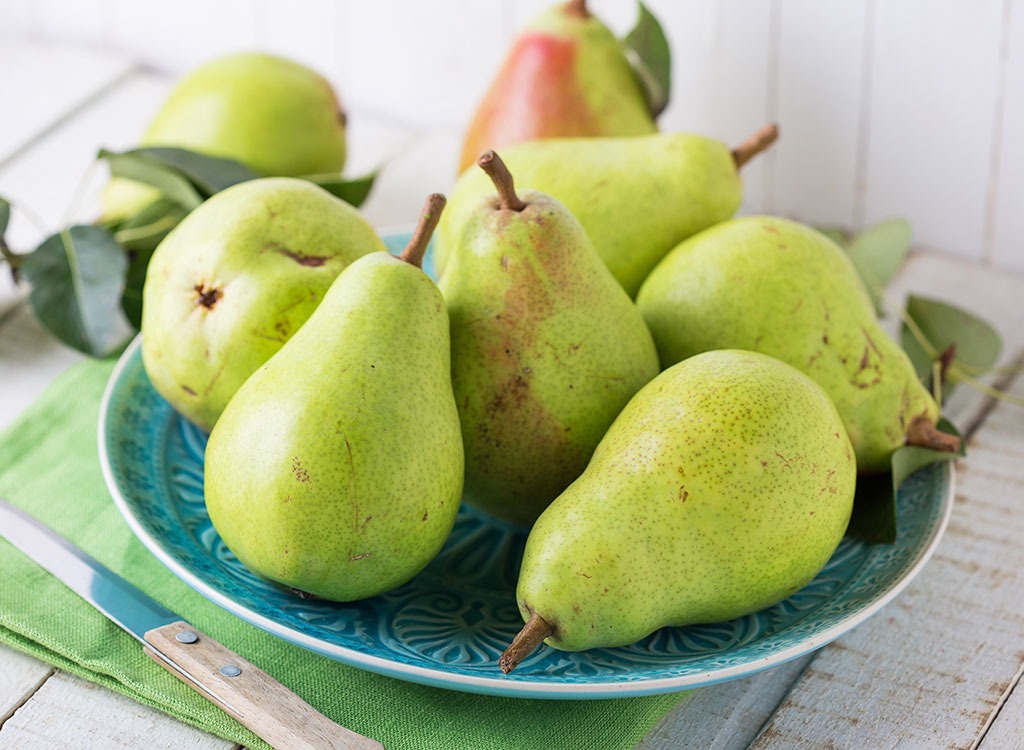
Unfortunately for those allergic to birch tree pollen, you should peel their skin before eating them. Because pears contain a protein that’s similar to a protein in birch pollen, people may experience an allergic reaction after eating it. However, researchers at The University of Manchester say that cooking pears can help eliminate the offending proteins.
Plum
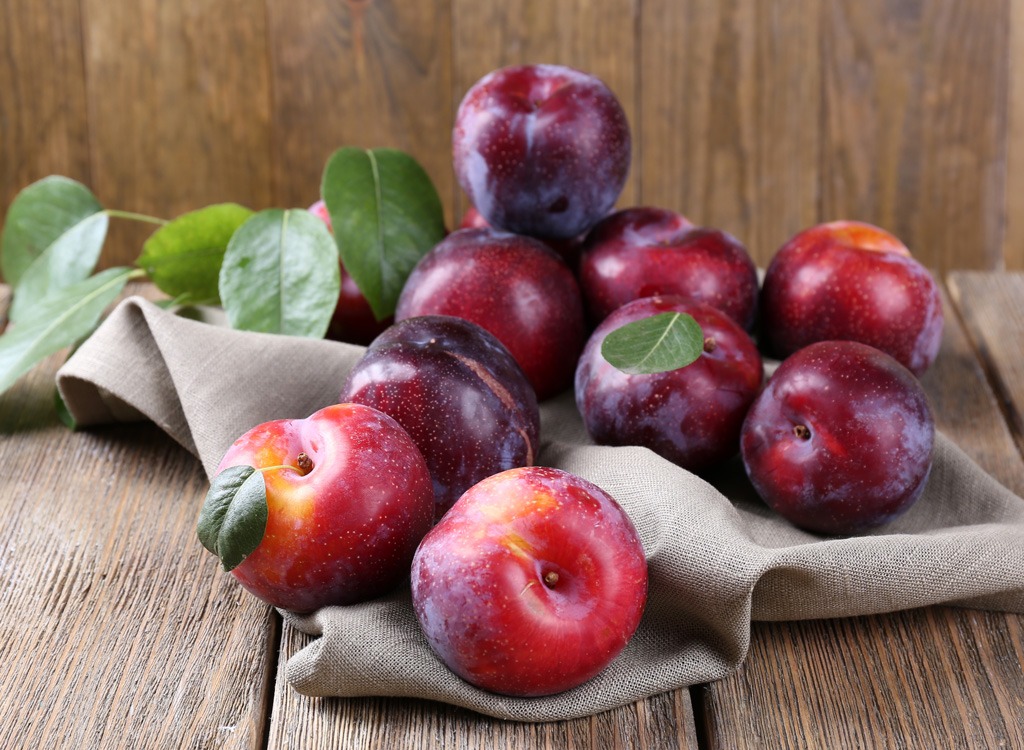
As a part of the Prunoideae subfamily, plums can cause an allergic reaction as those allergic to birch tree pollen. In fact, a study in the Journal of Allergy found that when OAS sufferers ate plums they experienced a series of allergic responses, including lip swelling and itchy lips, tongue, and throat, as well as dryness and hardness in the throat.
Kiwi
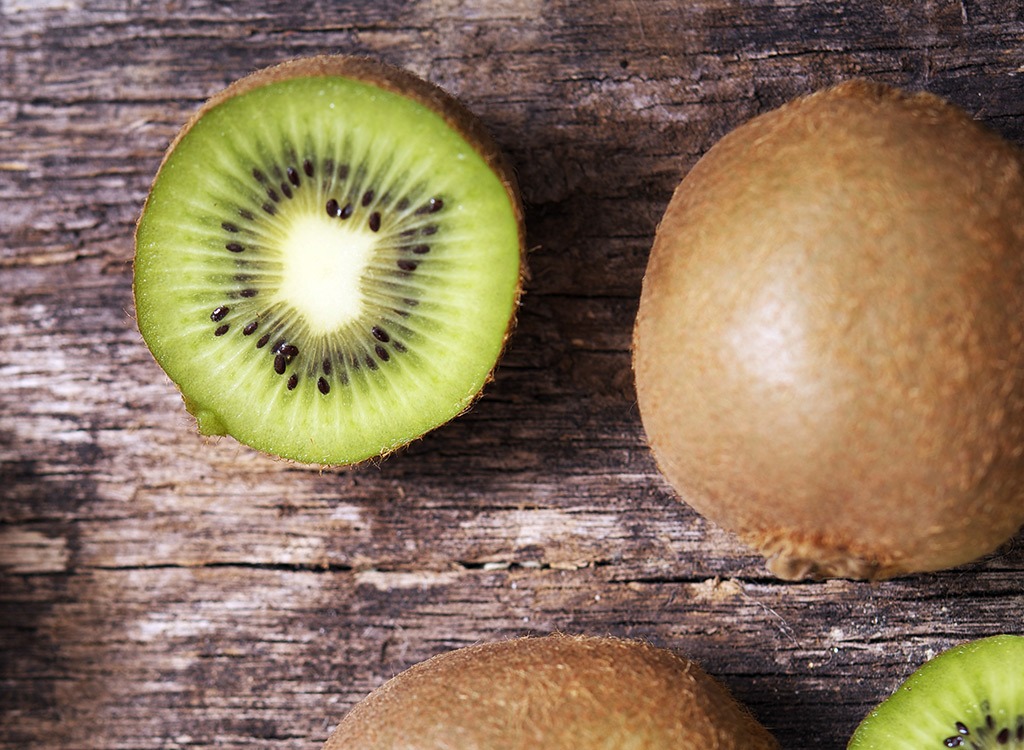
Think you’re allergic to birch tree pollen? Research suggests you should stay away from kiwi. In fact, a study in The Journal of Allergy and Clinical Immunology found a strong link between people allergic to kiwi and those who are sensitive to birch pollen.
Carrot
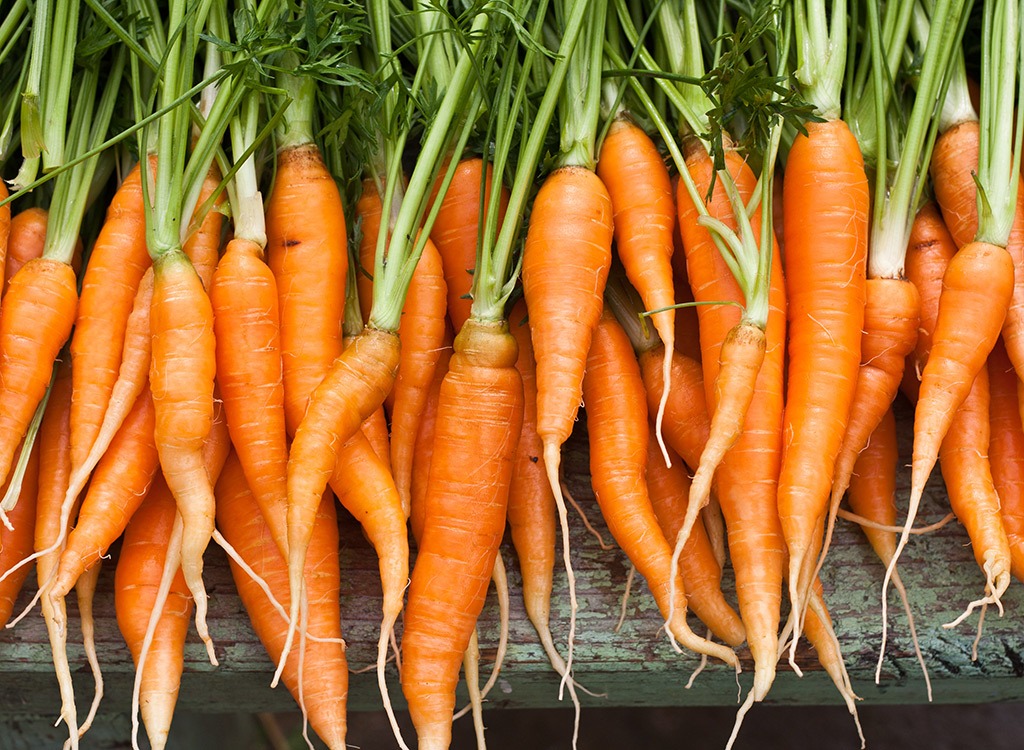
Studies have shown that when you eat carrots, you may experience the same symptoms of a birch tree pollen allergy. A European study confirmed the allergenicity of carrot through a double-blind, placebo-controlled food challenge (DBPCFC.), and the research showed that DBPCFC-positive patients a similar immune response to carrots and birch tree pollen.
Peanut
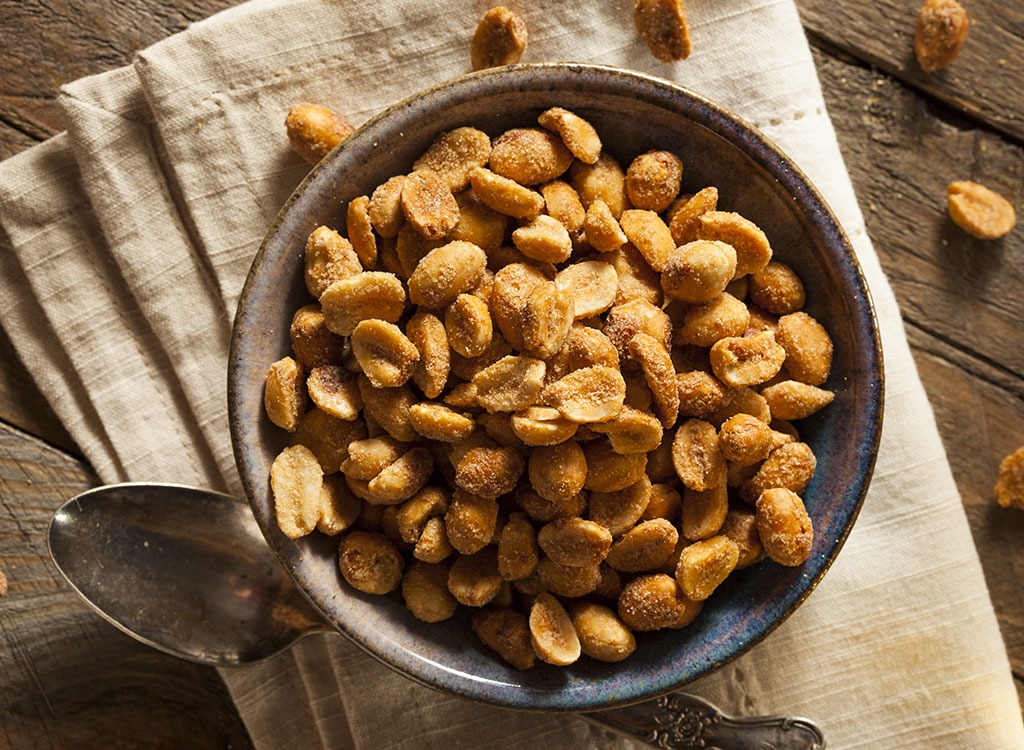
Peanuts can be troublesome for those with seasonal allergies. Multiple studies have established the cross-reaction between birch tree pollen and peanuts. One study in Allergy, Asthma, and Immunology Research confirms that the proteins in peanuts and birch tree pollen can cause a cross-reaction.
Soybean

Soybeans can also be problematic for those with a birch tree pollen allergy. In fact, a study in The Journal of Allergy and Clinical Immunology showed the existence of a soybean allergy in patients allergic to birch pollen.
Almond
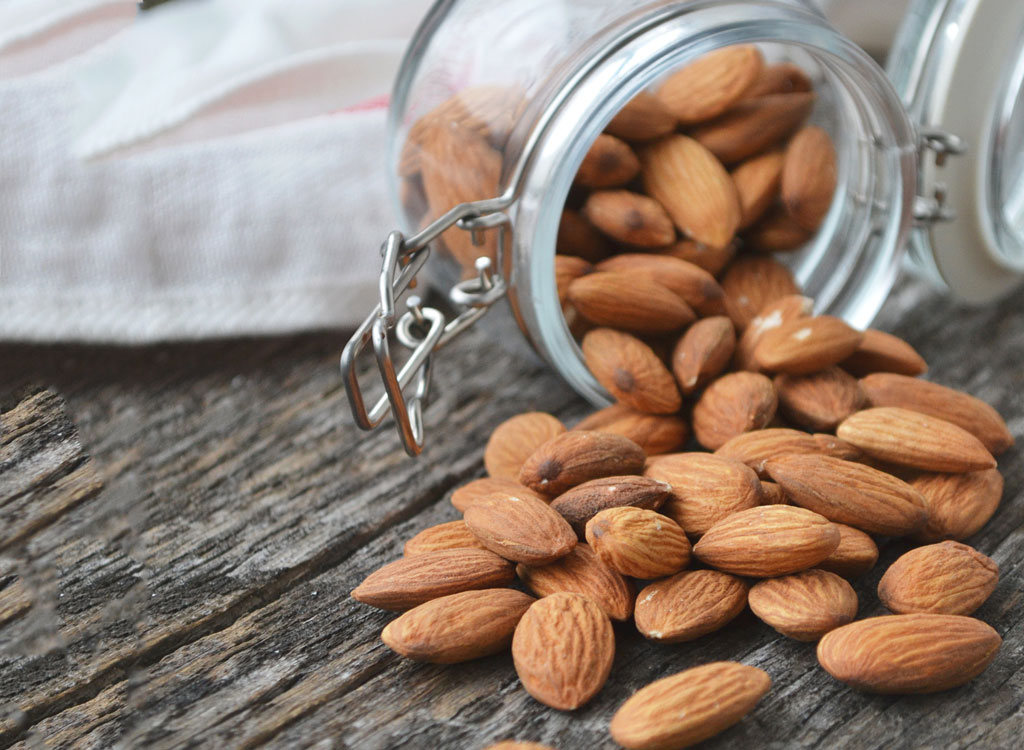
If you’re allergic to birch tree pollen, research suggests you may also have a sensitivity to almonds. Per a study that appeared in the European Journal of Allergy and Clinical Immunology, almost 33 percent of birch pollen-allergic patients reported being hypersensitive to almond and cherry.
Hazelnut
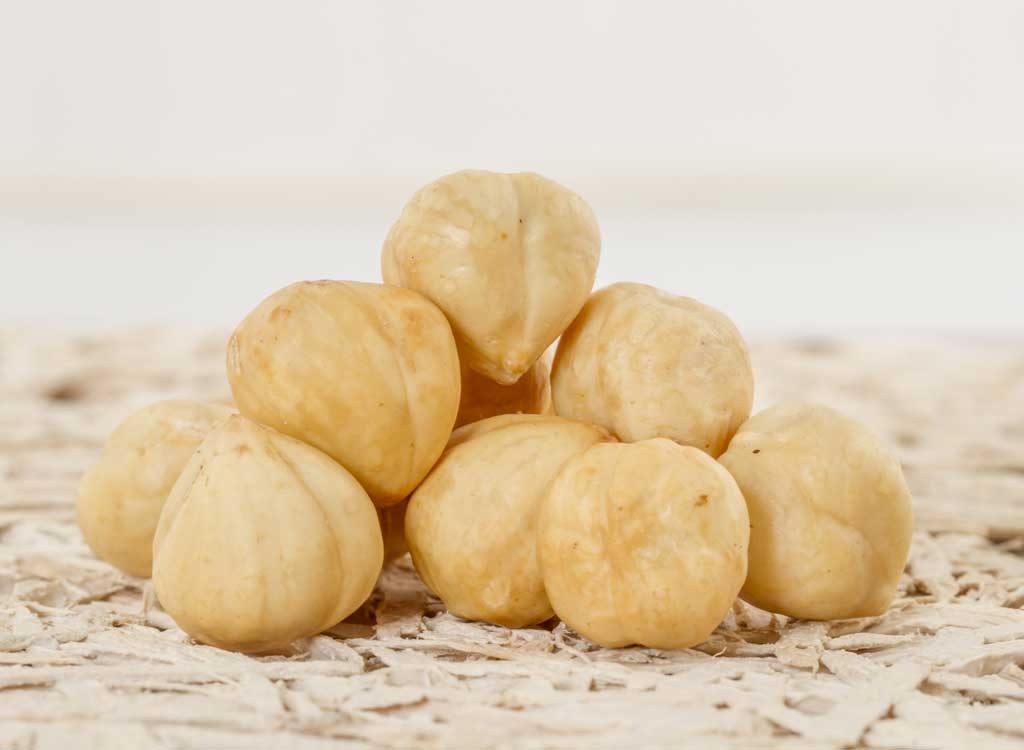
People allergic to birch tree pollen should also be wary of hazelnuts. It has a specific protein that can make people simultaneously allergic to birch tree pollen and hazelnuts. For tips on how to stay healthy and eat right, even in the midst of a tricky allergy season, check out The 43 Best Foods for Fiber!
Cucumber
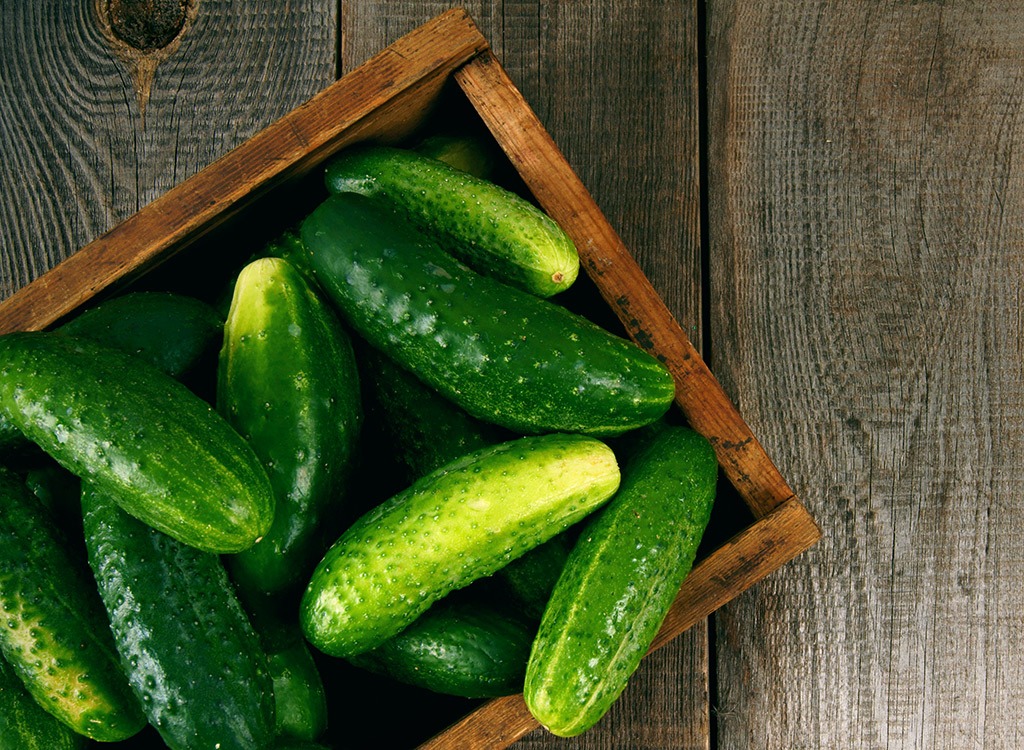
In addition to several of the foods already mentioned, ragweed has shown cross-reactivity to cucumber. However, according to a study that appeared in the Annals of Allergy, Asthma, and Immunology, people with a cucumber allergy can help reduce their allergy symptoms with immunotherapy for birch pollen extracts.
Parsley
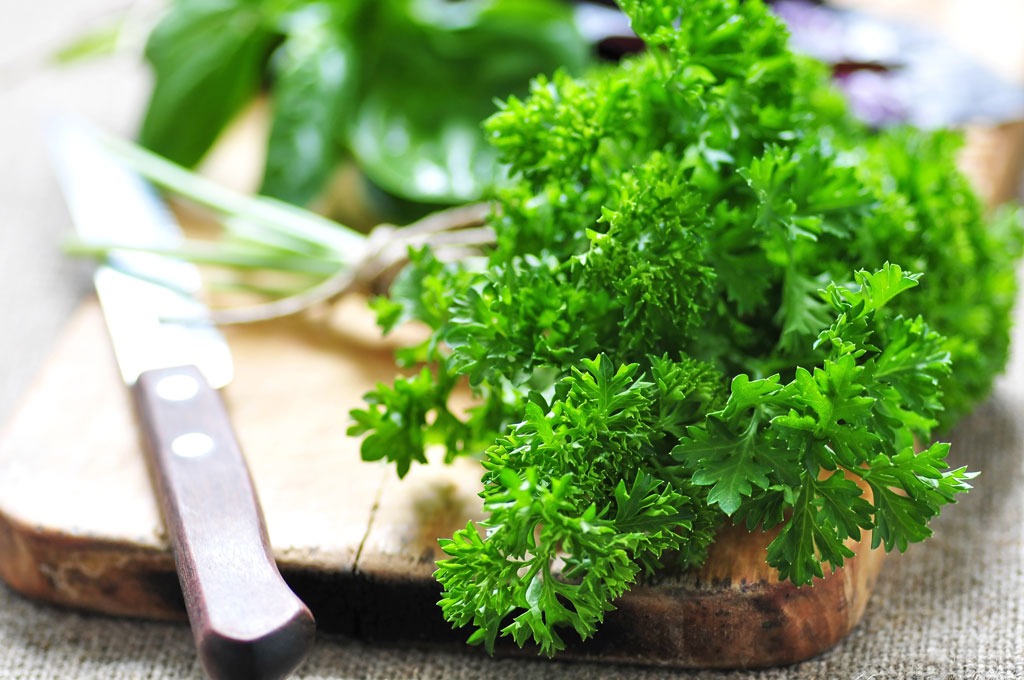
If you’re an allergy sufferer, look out for parsley. The herb has been shown to cross-react with both birch tree pollen and mugwort. In fact, research has shown parsley is another food that is part of the celery-mugwort-spice syndrome. Additional research has shown that a major birch pollen allergen can also be found in parsley.
Ragweed and Mugwort
Cantaloupe

If you’re allergic to ragweed, a common allergen that can flare up allergy symptoms in the late summer and early fall, think twice before chowing down on cantaloupe. According to a study printed in the European Journal of Allergy and Clinical Immunology, there are common allergens in melon and Plantago pollen.
However, a study in Allergy and Asthma Proceedings found that in ragweed pollen-sensitive people, a melon allergy is most likely associated with cross-sensitization to the plant allergen profile and not to specific ragweed pollen allergens.
Honeydew
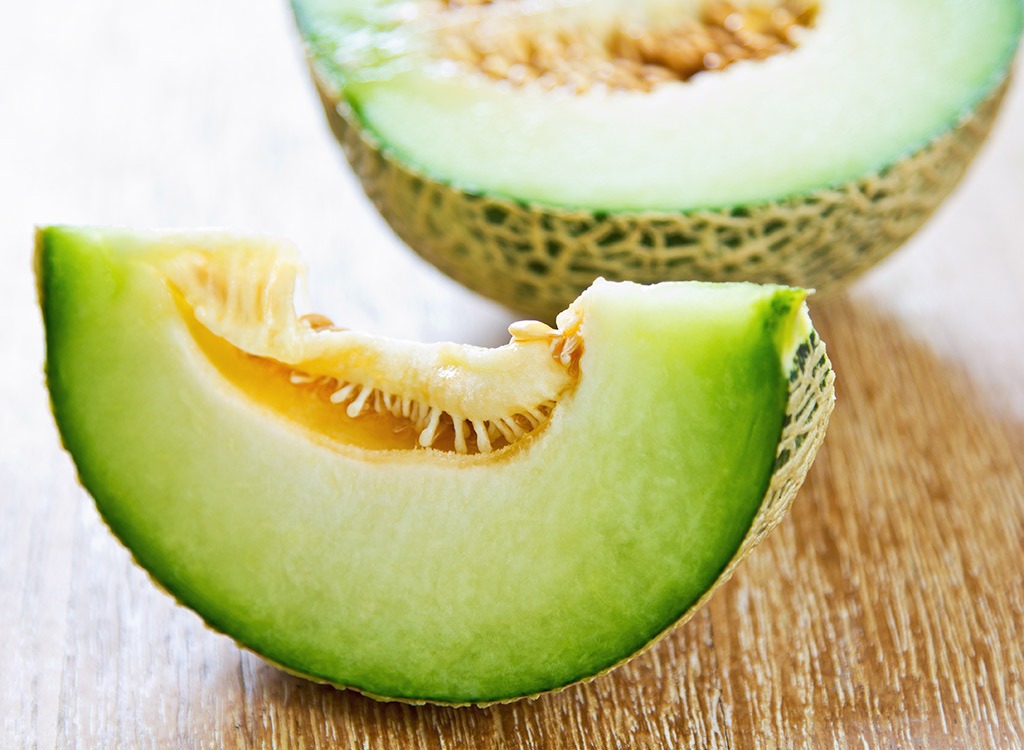
Speaking of melons, honeydew is also no friend to those allergic to ragweed because it shares the same allergens. Per another study in The Journal of Allergy and Clinical Immunology, honeydew can trigger throat-related symptoms in people who are sensitive to ragweed.
Watermelon
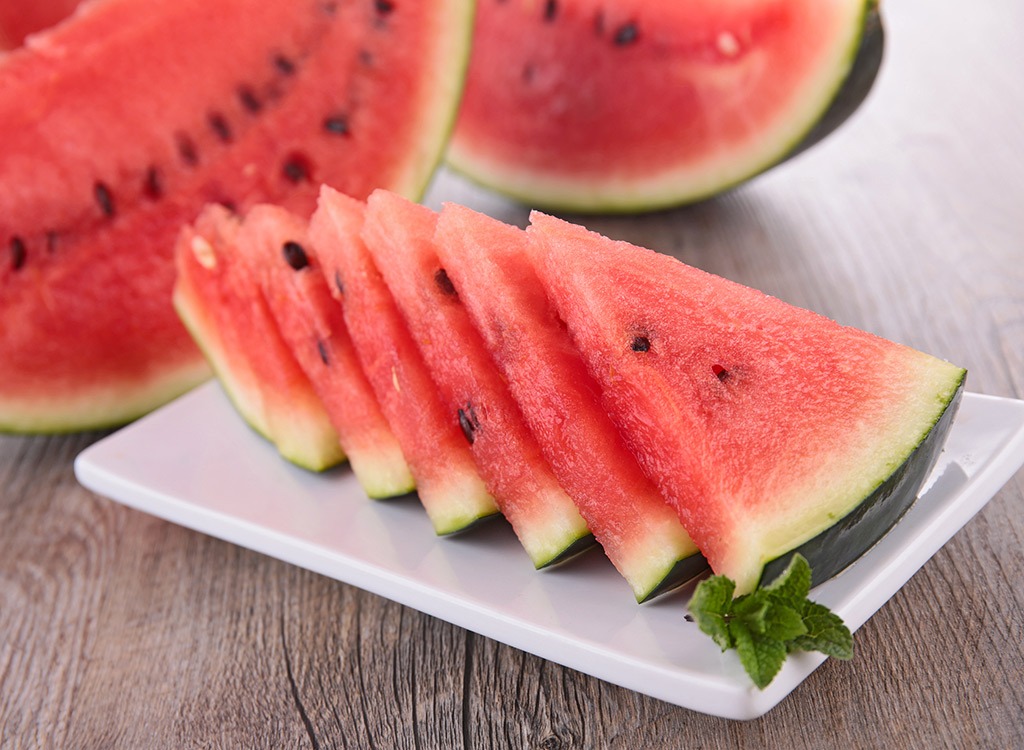
Watermelon triggers the body in a similar way to ragweed allergen. The same study above found that watermelon can induce throat-related symptoms in people allergic to ragweed. You should also avoid watermelon if you’re allergic to Timothy and orchard grass because of the shared allergens.
Banana
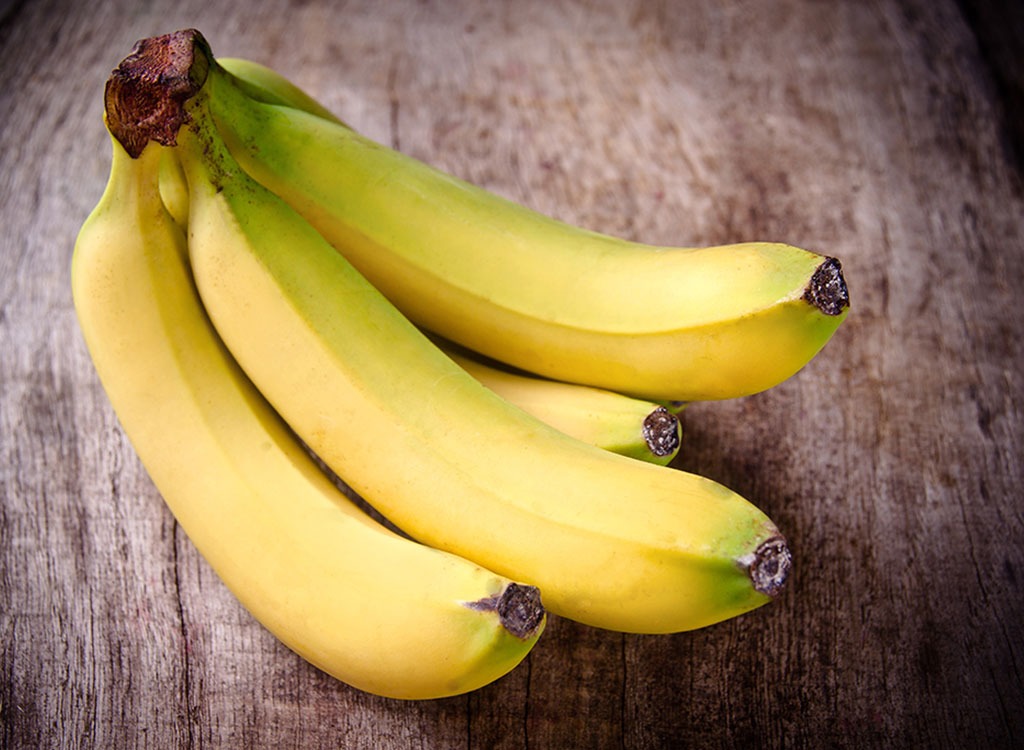
Although bananas aren’t part of the gourd family, they elicit the same allergic reaction as melons in ragweed-reactive people. In fact, up to 50 percent of people allergic to ragweed have the same reaction to banana. A study that appeared in Allergy, Asthma, and Immunology Research found that those with a banana allergy can experience serious symptoms, including bronchial asthma.
Bell Pepper
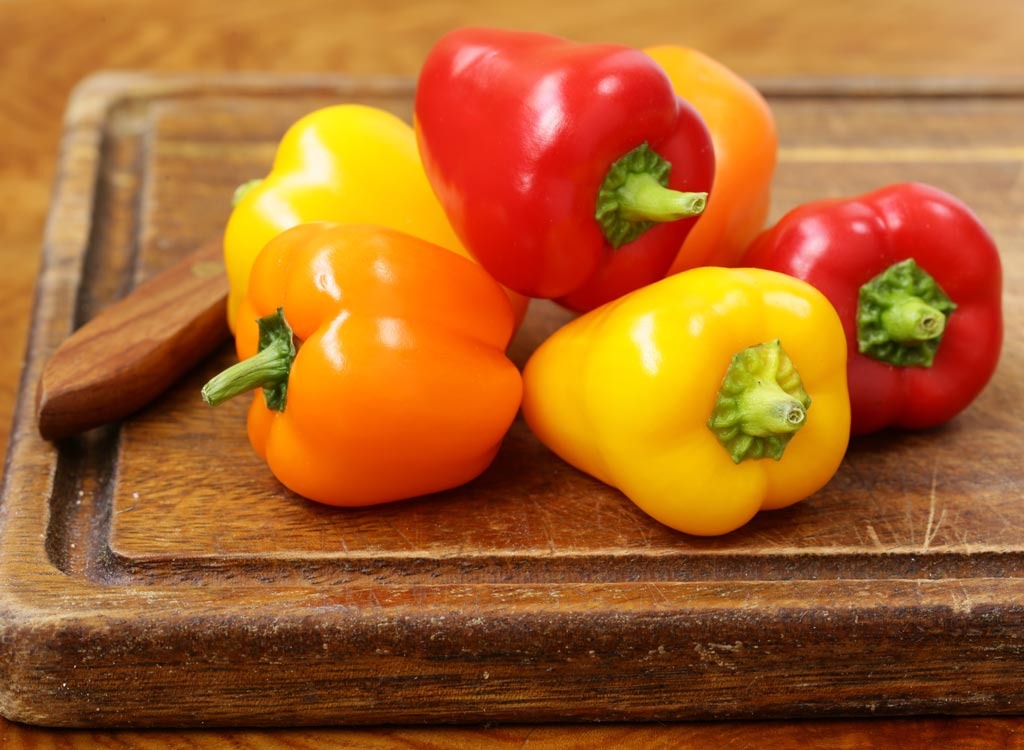
Mugwort is an allergen most commonly found in the fall. Bell peppers can cause an allergic reaction because they contain profilins — the same allergens in pollen, latex and plant foods. According to researchers at the University of Manchester, people with bell pepper allergies report respiratory symptoms, such as asthma, nasal congestion, or red eyes.
Broccoli

In addition to bell peppers, mugwort also cross-reacts with broccoli. In fact, in a study in Case Reports in Dermatological Medicine, a 73-year-old Japanese man developed mugwort-mustard allergy syndrome 30 minutes after eating boiled broccoli.
Cabbage
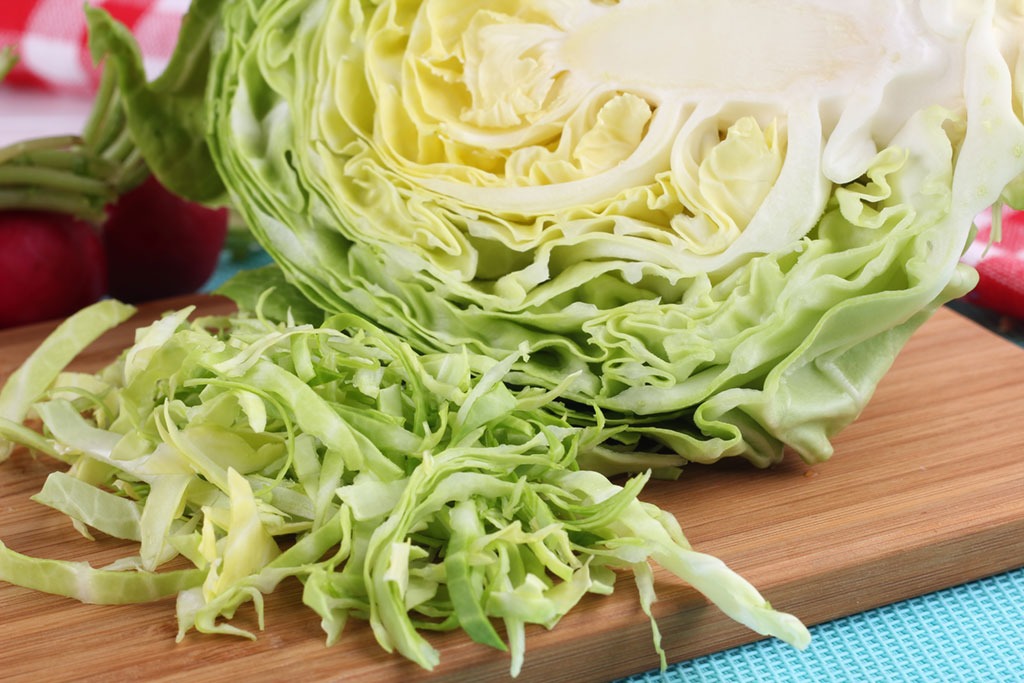
Research has also shown that mugwort cross-reacts with cabbage. In fact, a 2006 study printed in The Journal of Allergy and Clinical Immunology isolated the allergen responsible for the reaction.
Cauliflower
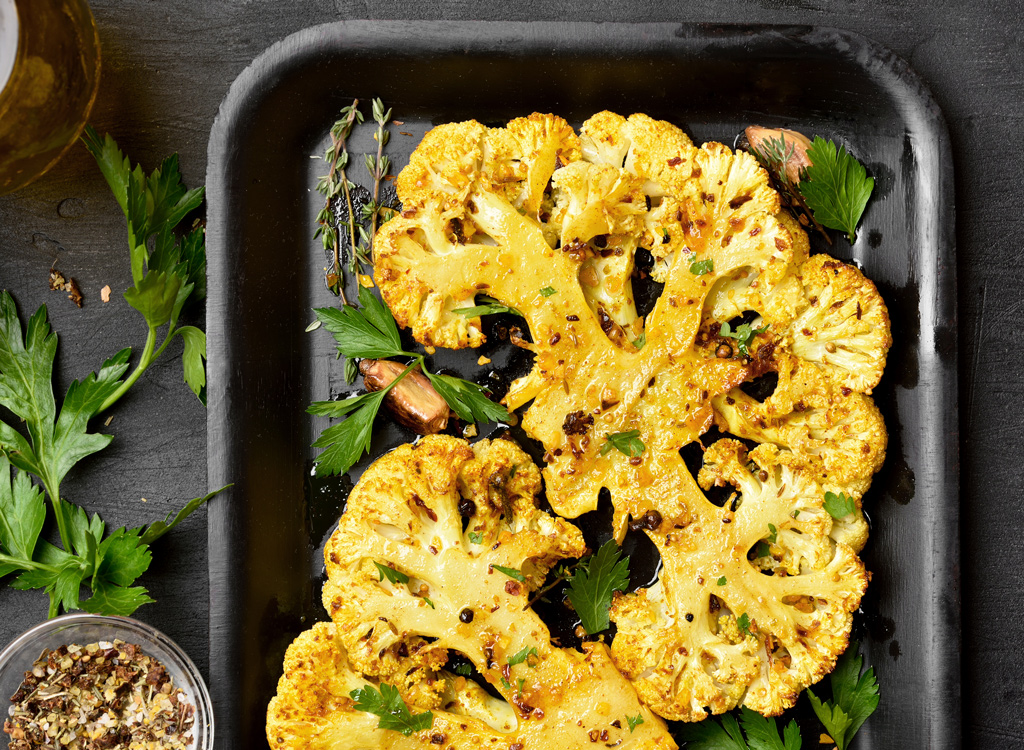
Though scientists haven’t yet characterized cauliflower’s allergens, people who are allergic to mugwort should avoid the vitamin C-packed veggie because of its cross-reactivity.
Celery
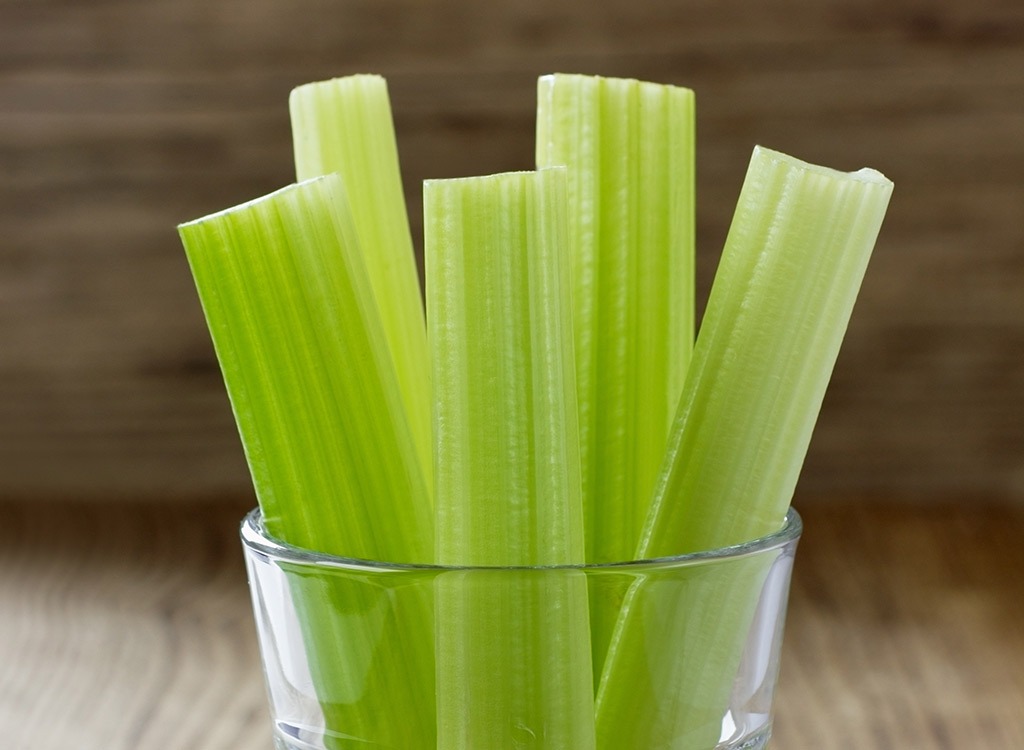
Just like carrots, scientists have confirmed the existence of a celery allergy via a double-blind, placebo-controlled food challenge. In a 2000 study in The Journal of Allergy and Clinical Immunology, 32 subjects with a history of adverse reactions to celery root were tested and the results showed, in part, that all patients with positive DBPCFC results were sensitized either to birch tree pollen (91 percent) or to mugwort (64 percent) pollen. Note that celery contains allergens that are resistant to cooking and processing, so you might still experience symptoms.
Chard
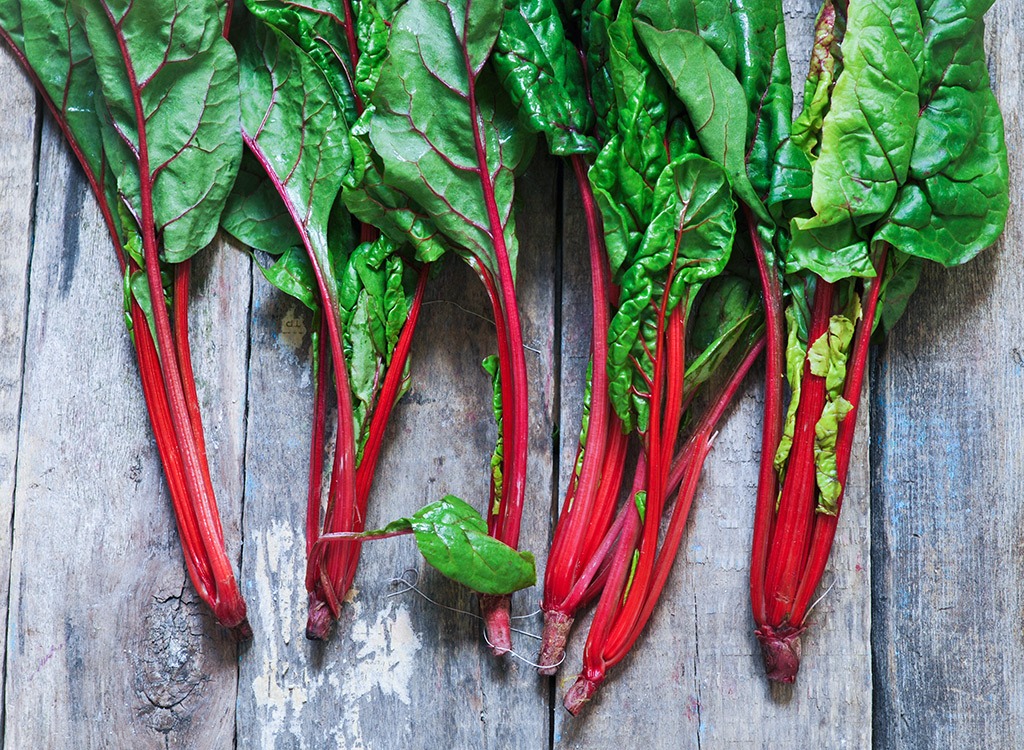
Those with a mugwort allergy beware of ingesting chard because it can elicit the same allergic reaction. A review that appeared in the World Journal of Methodology showed that mugwort and chard were listed as one (of many) cross-reactive pairs.
Garlic

Although a garlic allergy is relatively rare, the mugwort-mustard allergy syndrome applies to other plant foods, including garlic.
Onion
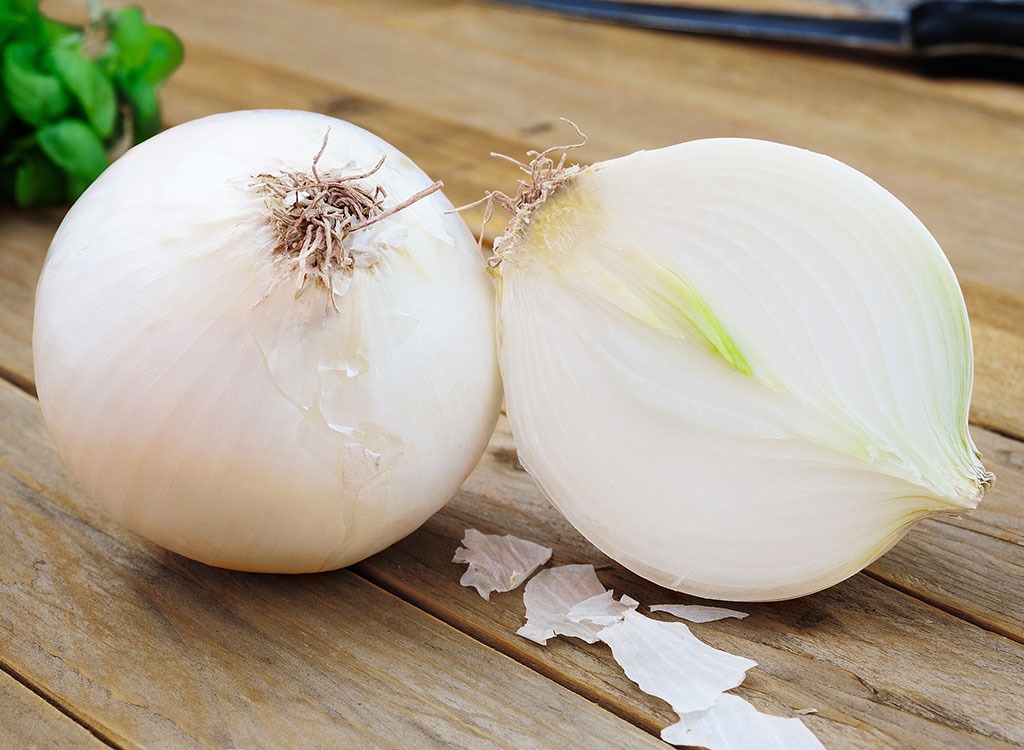
It should come as no surprise that there’s also cross-reactivity between mugwort and onion, which is a close relative to garlic. In a Japanese study, onions were one of the causative foods in those with mugwort pollen-specific IgE antibodies.
Zucchini
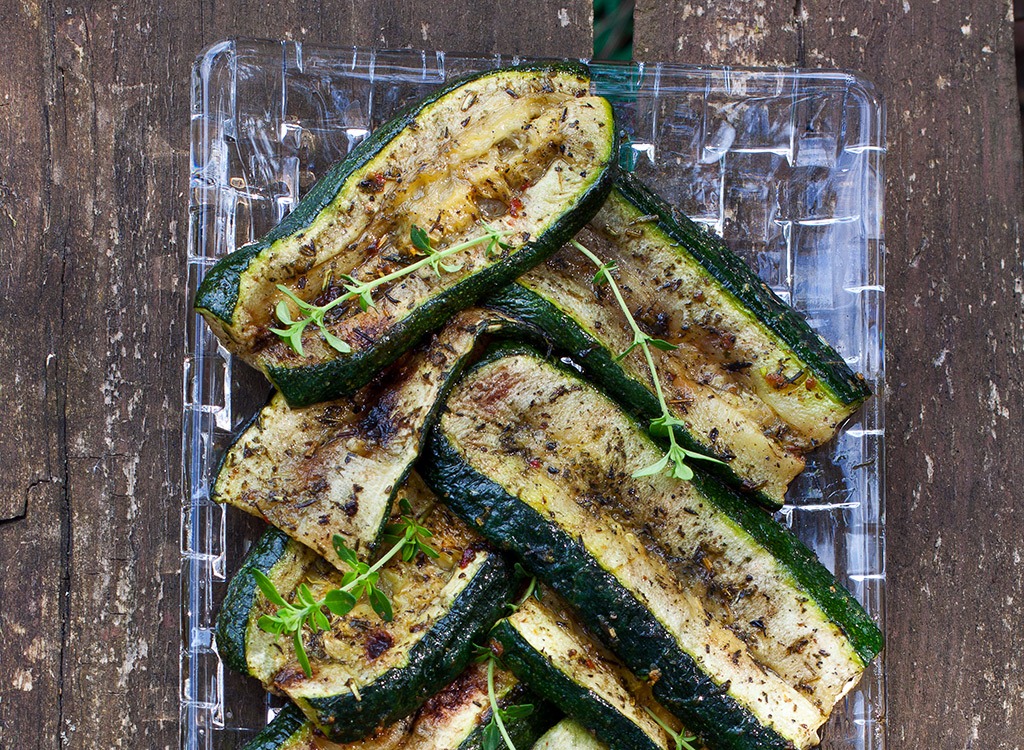
Zucchini has also been shown to cause a cross-reaction with ragweed. In a 2000 study in The Journal of Allergy and Clinical Immunology, abstract researchers studied four people with a confirmed zucchini allergy and found that proteins from zucchini reacted with antibodies.
Aniseed
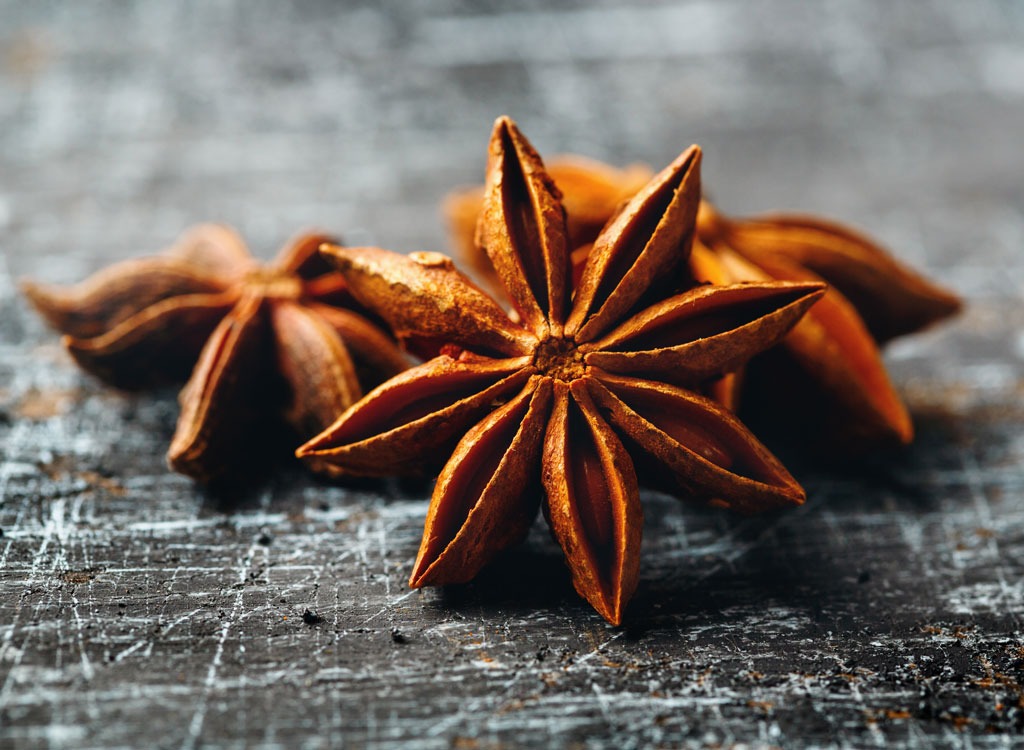
Aniseed is yet another food that causes similar allergy symptoms as mugwort. A study in the journal Clinical and Experimental Allergy found that Bet v 1- and profilin-related allergens may be responsible for an allergy to anise, fennel, coriander, or cumin, all Apiaceae spices.
Caraway
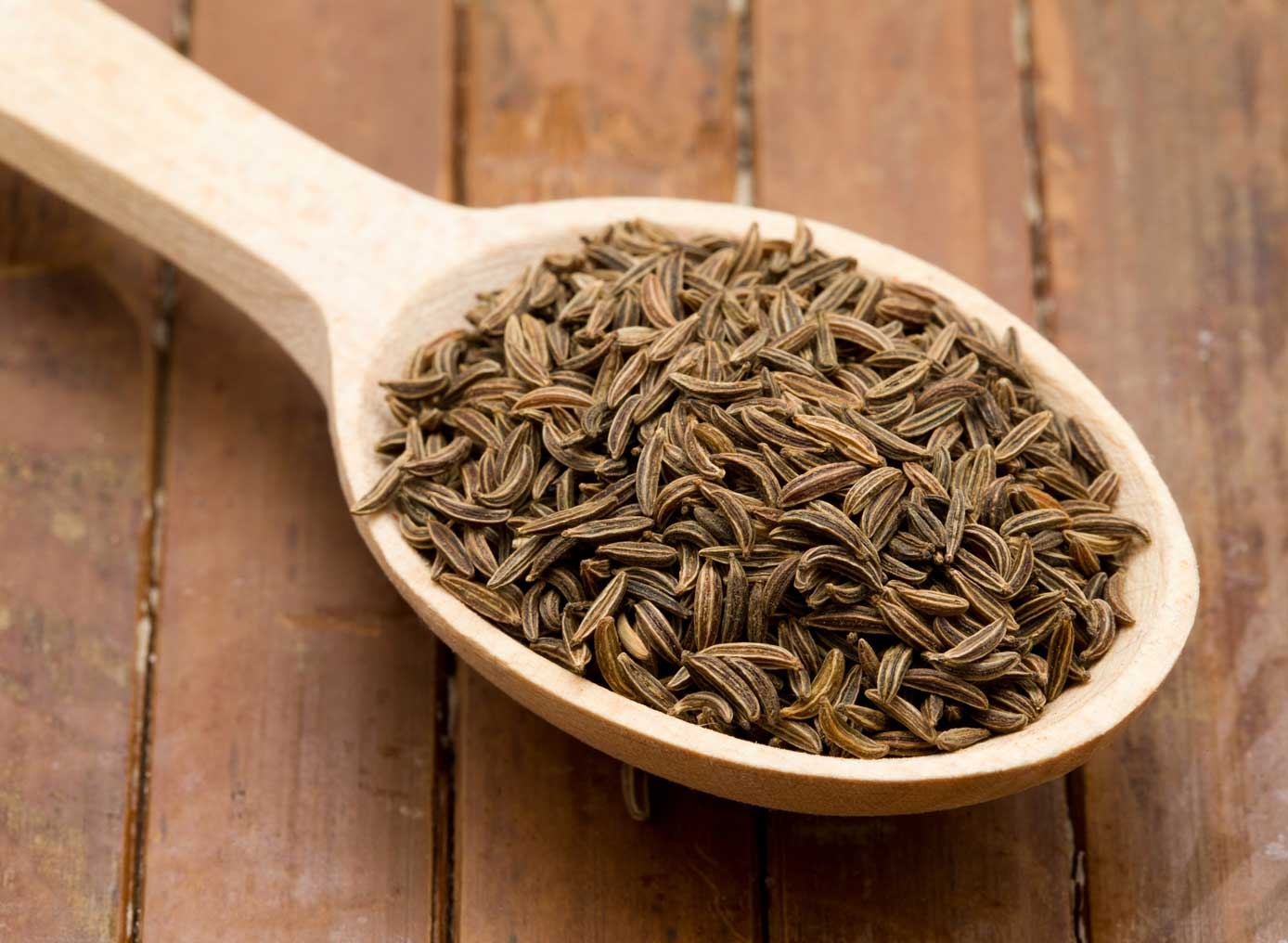
As you might have guessed, caraway, which is also a member of the Apiaceae family, is part of celery-mugwort-spice syndrome. According to a Swiss study, caraway, fennel, cumin, coriander and aniseed extracts had similar IgE-binding patterns in an individual with aniseed allergy.
Coriander

Coriander is also a member of the allergen-filled Apiaceae family, so it’s no surprise that the spice can cause celery-mugwort-spice syndrome.
Black Pepper
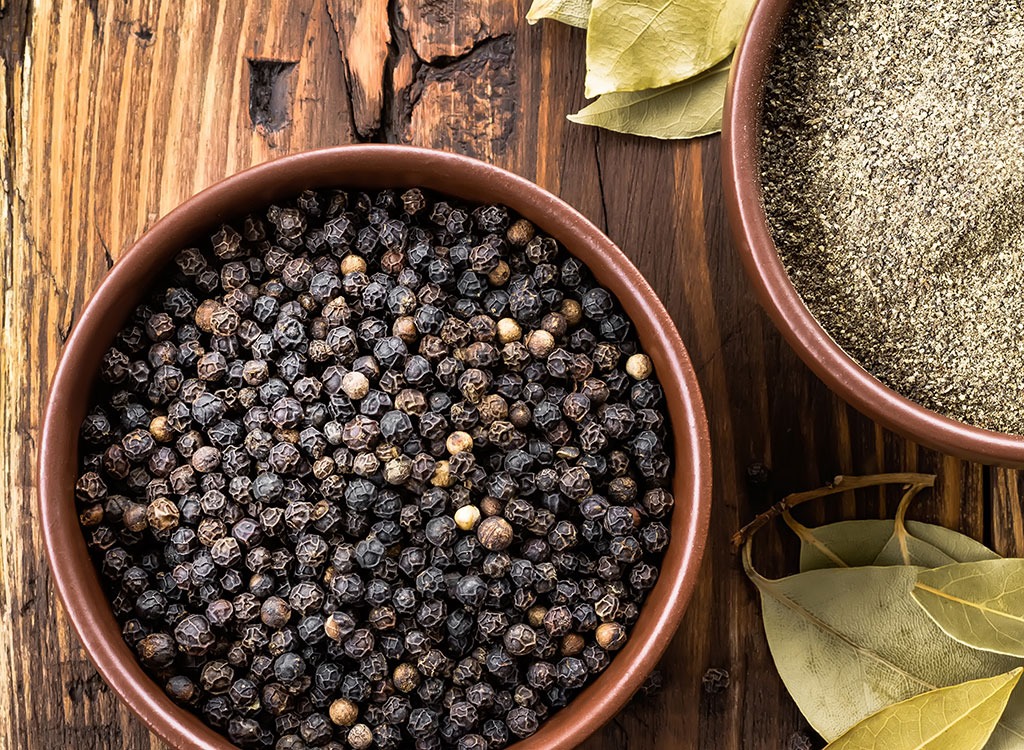
Black pepper is linked to celery-mugwort-spice syndrome. Research shows that an allergen in black pepper can cause the same allergic reaction as mugwort.
Fennel

As a member of the Apiaceae family, fennel is another spice that is part of the celery-mugwort-spice syndrome. More specifically, additional research in the Annals of Allergy, Asthma, and Immunology allergens has identified the allergens in fennel.
Grass Pollen
Peach

Peaches, another member of the Prunoideae subfamily, can cause an allergic reaction to those who are allergic to Timothy and orchard grass; both types of grass produce pollen. According to a study conducted by Spanish researchers, people who are allergic to peaches frequently reacted to most pollens — grasses, weeds, and trees.
Orange

Believe it or not, allergies to oranges are quite common. Researchers suspect it’s because the citrus fruit is widely consumed in many forms (as a beverage, food, or jam). Thanks to cross-reactivity, those allergic to Timothy and orchard grass experience similar or identical symptoms when they eat oranges. According to a review in Plos One, the three major orange allergens are members of the lipid transfer protein pan-allergen family.
Tomato

In addition to staying away from oranges, those with an allergy to Timothy and orchard grass should also avoid tomatoes. A study conducted by Italian researchers examined the connection between severe peach allergies and severe tomato allergies and found that eating tomatoes can incite a similar allergic reaction from consuming peaches.
White Potato
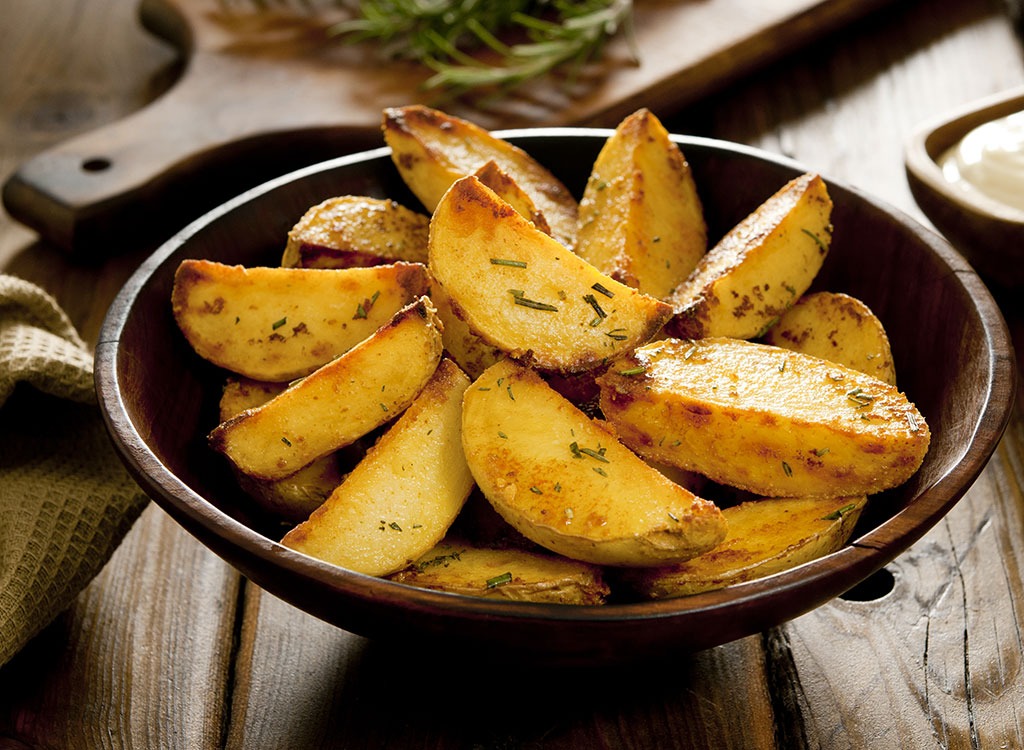
White potatoes pose an allergy risk for those with a sensitivity to Timothy, orchard grass and ragweed. According to scientists at The University of Manchester, a cooked potato allergy is related to a tomato and latex allergy, while sensitization to raw potato may be related to pollen allergies. However, a study of 36 young children in Allergy found that although most children with a potato allergy develop a tolerance by the time they turn four, allergy to cooked potatoes is a risk factor for the development of pollen allergy.








